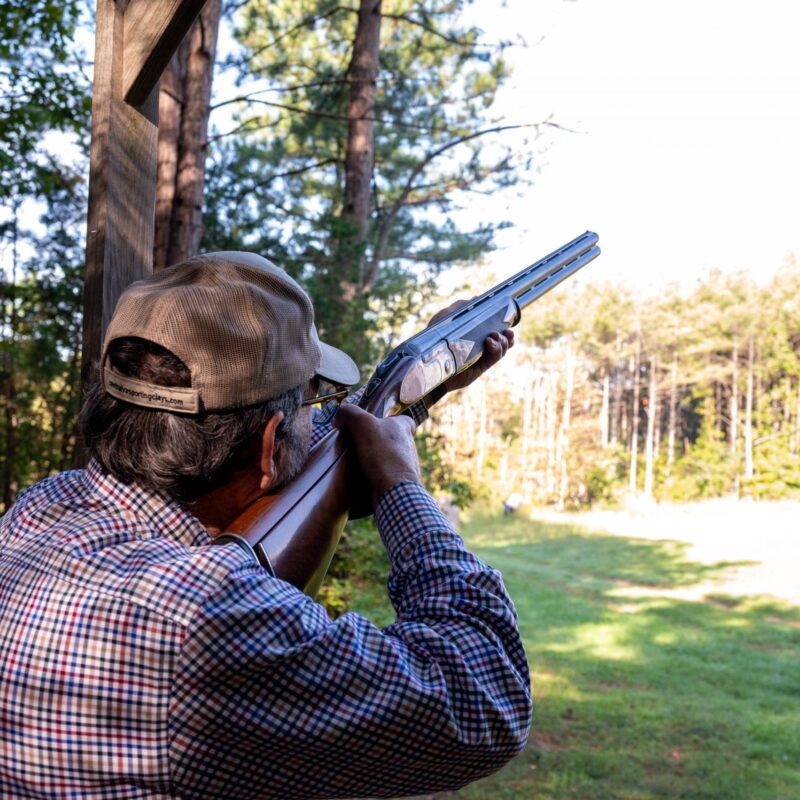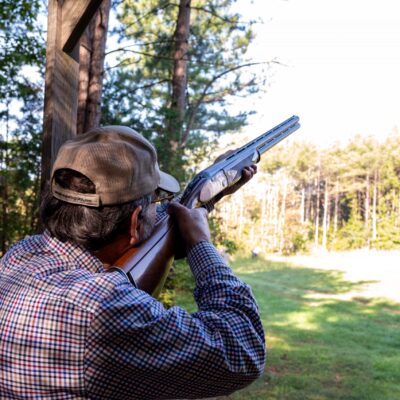“If you like the sound of flute, it’s like flute but with your body,” says Sayan Bapa, a member of the Tuvan folk ensemble Huun-Huur-Tu, when Feedback asks him how he would describe Tuvan overtone singing for someone who has never heard it. We think that’s an apt description for the style, which involves creating multiple notes at once by manipulating the mouth, throat and vocal chords. You can’t really grasp what it really sounds like without hearing it for yourself, though. We remember our first experience: a rumbling, guttural Hhhhhhhmmmmmmmeeerrrrrrrrrraaaaaaaahhhhh emanated from our roommate’s bedroom, where he was teaching himself the vocal technique, also called throat singing, from resources on the Internet.
 Huun-Huur-Tu will bring Tuvan throat singing and folk songs to Gravity Lounge on March 4. |
Throat singing has been a part of folk music tradition in Tuva, a small republic in southern Russia, for longer than anyone can trace, and Huun-Huur-Tu, a quartet, has been at the forefront of a few ensembles that have spread the region’s music around the world during the past couple of decades, including collaborations with Frank Zappa, Ry Cooder and a Hungarian choir. Next Tuesday, March 4, the group will bring its sound to Gravity Lounge.
While he handles some singing in Huun-Huur-Tu, Bapa, who played bass in a jazz-rock band before delving into Tuvan folk traditions, is more of an instrumentalist in the group, playing the doshpuluur and igil, two Tuvan string instruments, as well as acoustic guitar.
| Video of Huun-Huur-Tu performing. |
| C-VILLE Playlist What we’re listening to “Autoclave,” by The Mountain Goats (from Heretic Pride)—Head Goat John Darnielle imagines his heart as a sterilization machine and somehow turns this incredibly dorky metaphor into a stirring description of romantic loneliness. “Alex Chilton,” by The Replacements (from Pleased To Meet Me)—This ode includes a line that we think everyone should live by: “I never travel far without a little Big Star.” “Paper Planes,” by M.I.A. (from Kala) “Freedom Got an A.K.,” by Da Lench Mob (from Guerillas in the Mist) “Ashtray Monument,” by Jawbreaker (from 24 Hour Revenge Therapy) |
“It’s a real part of life,” Bapa says of throat singing in Tuva. “I know many friends who do it not for the stage but for themselves. It is still folk. It is still natural.” Though Bapa and the other members of Huun-Huur-Tu find themselves performing in many different countries and locales (when talked on the phone, the group was in Honolulu), the music itself is still closely connected with Tuva and its landscape and often reflects the region’s natural, bucolic characteristics through its resonating voices and accompanying instruments.
The name Huun-Huur-Tu means “sun propeller,” referring to the rays of light that shine through clouds, usually when the sun is rising or setting. “We are like that effect,” says Bapa. From what we’ve heard, that’s a good comparison, as the different tones and timbres of Huun-Huur-Tu’s voices and strings have a certain glistening, radiant beauty.
No more noise?
As we were watching the hip-hop group Illville Crew perform in front of the Jefferson Theater the other week, two Charlottesville Police officers pulled up on their bikes and listened. In the future, however, they may be hopping off and pulling the plug. Last Tuesday, four of City Council’s five members supported an ordinance that would limit outdoor noise on the Downtown Mall and around local venues to 75 decibels.
Noise compaints in those areas prompted this potential ordinance, and on March 3 the Council will vote on it. Feedback asked a few local “noisemakers” for their own perspectives.
Terry Martin, owner of Outback Lodge, one of many venues that could potentially be affected, says he doesn’t know how the city will enforce the restriction. “Seventy-five decibels—that’s a truck driving by,” he says. At UVA parties where he used to do sound, he adds, crowd noise alone reached 90 decibels.
Musician Peter Markush, who often busks on the Downtown Mall and plays in local bands such as The Falsies and the Sugar Ridge Quartet, says that, though he thinks a decibel level is somewhat arbitrary, he can understand the reasons for the ordinance. “If they are trying to make the Mall more attractive to live on, I can see why they would want it to be quiet,” he says. He doubts it will affect his own street performing. “I don’t think I exceed 75 decibels,” he says.
Nicholas Liivak, guitarist of Horsefang, a local metal band that definitely exceeds that level even in rehearsal, sees a contradiction in the city’s attitude. “It’s kind of disappointing that a city that would claim to be so cosmopolitan would have such a bedroom community mentality about it,” he observes.
With or without the ordinance (which will likely be approved), promoter Jeyon Falsini, who set up Illville Crew’s performance, says he’ll continue to book shows. “I’m hoping there won’t be a problem,” he says. “I’m hoping that the venues will stand up for themselves.”
It’s hard to say how much of an effect the ordinance will actually have, and the only way to find out may be to plug in your amp, strike a chord and see if the cops show up. For more on the noise ordinance, click here.
Got news or comments? Send them to feedback@c-ville.com.





